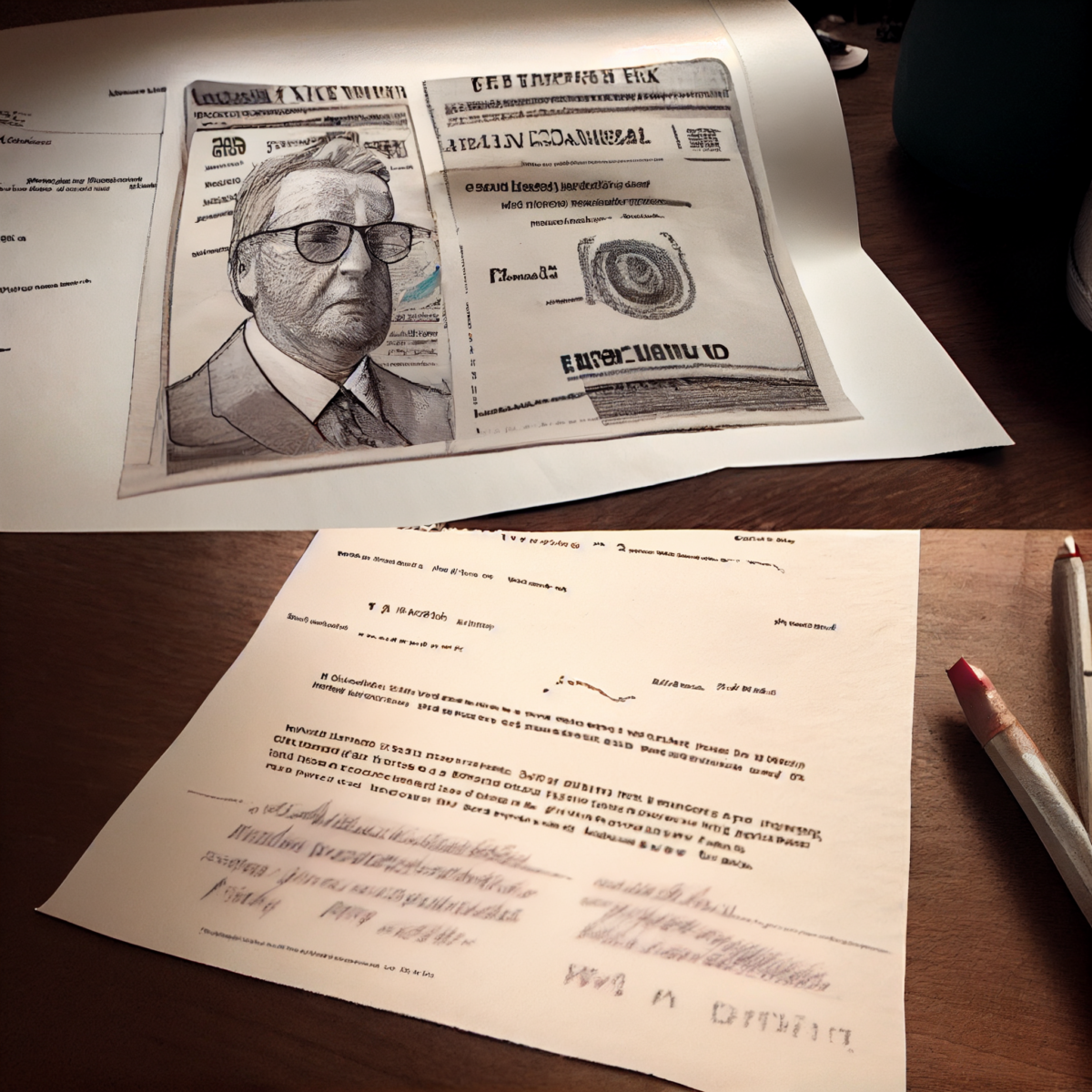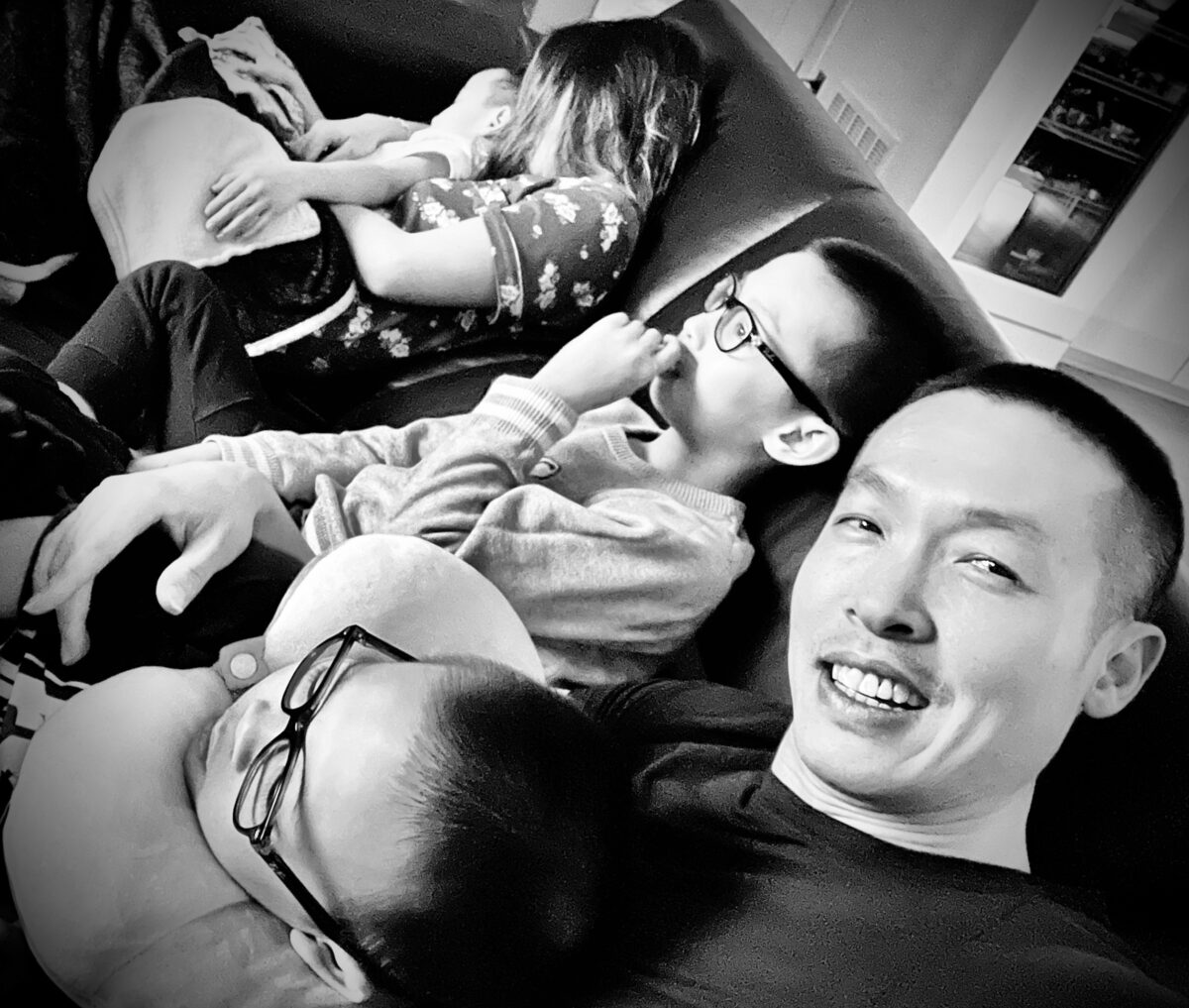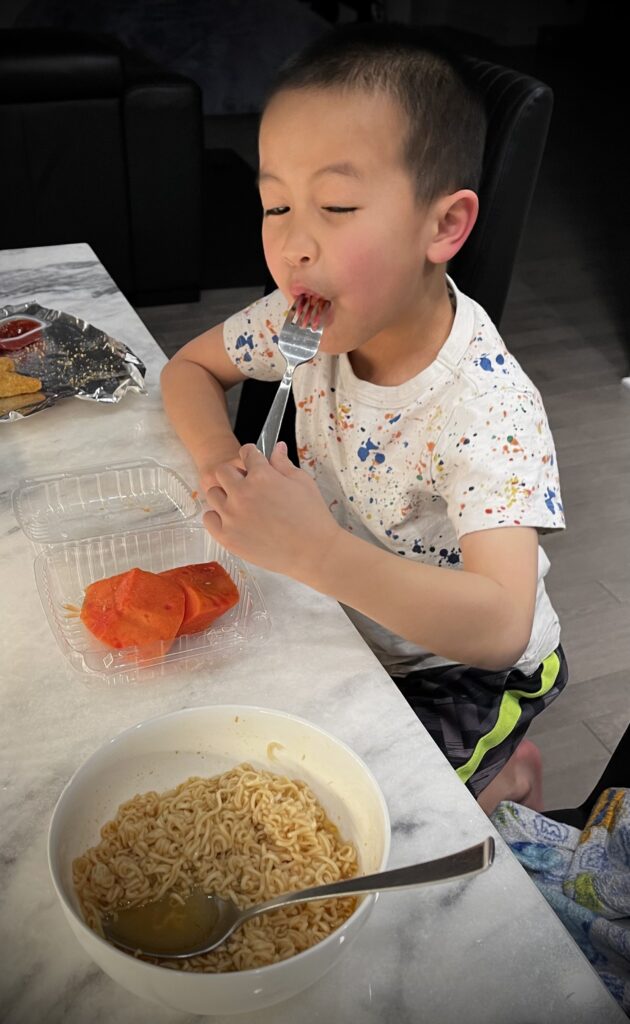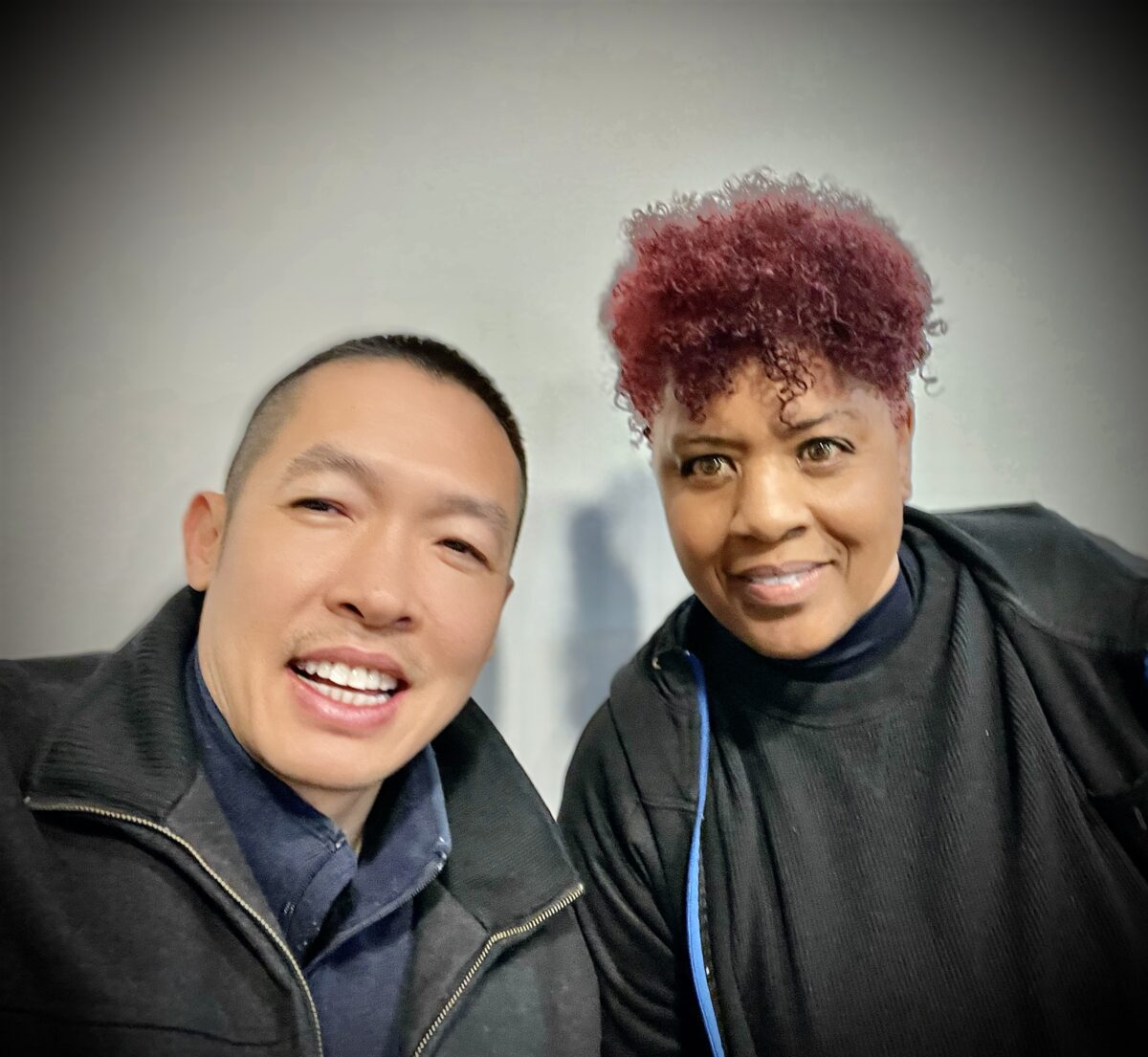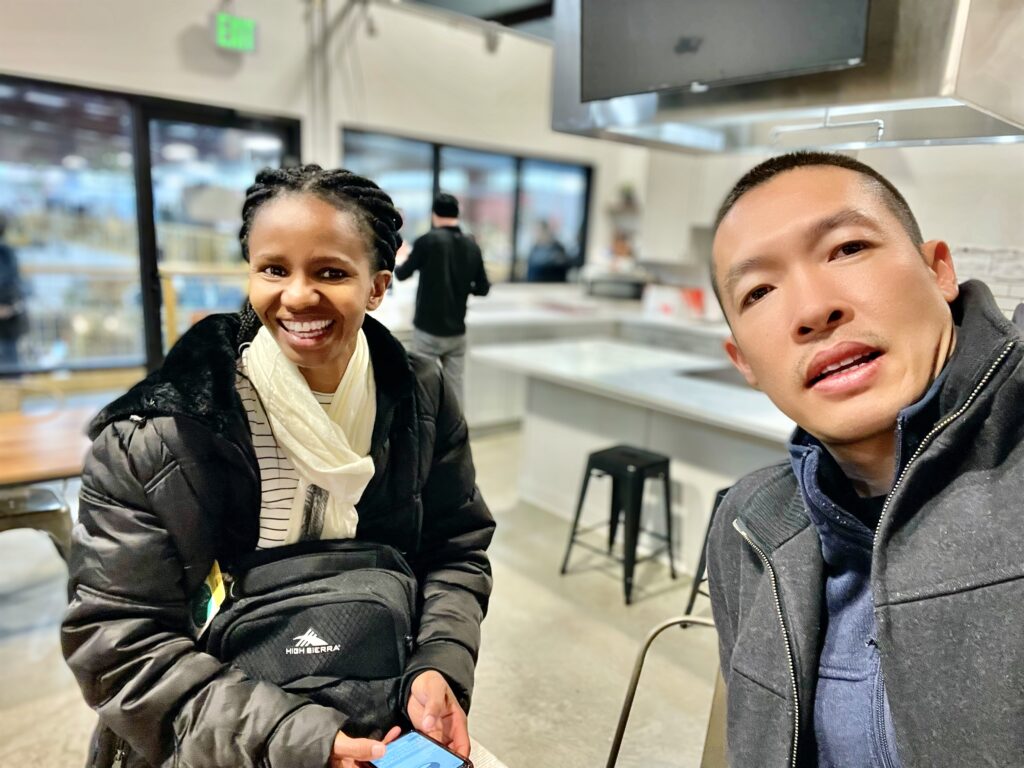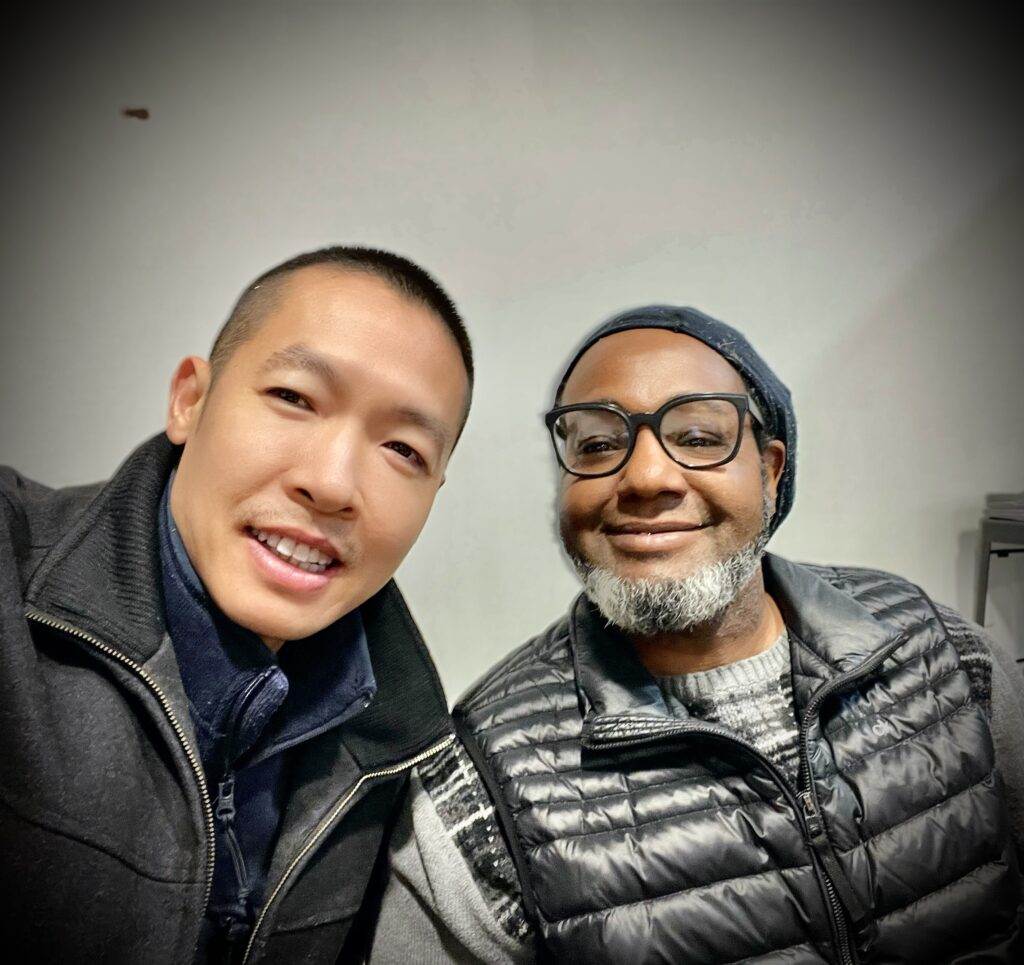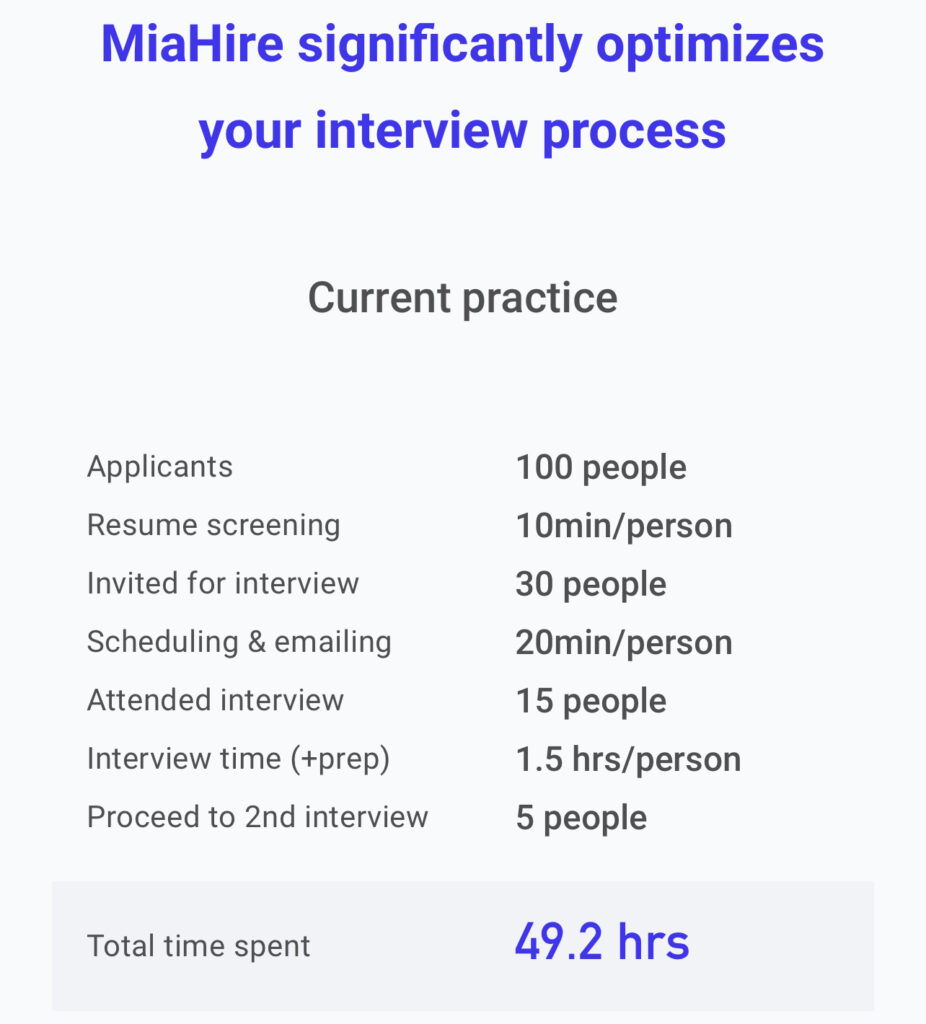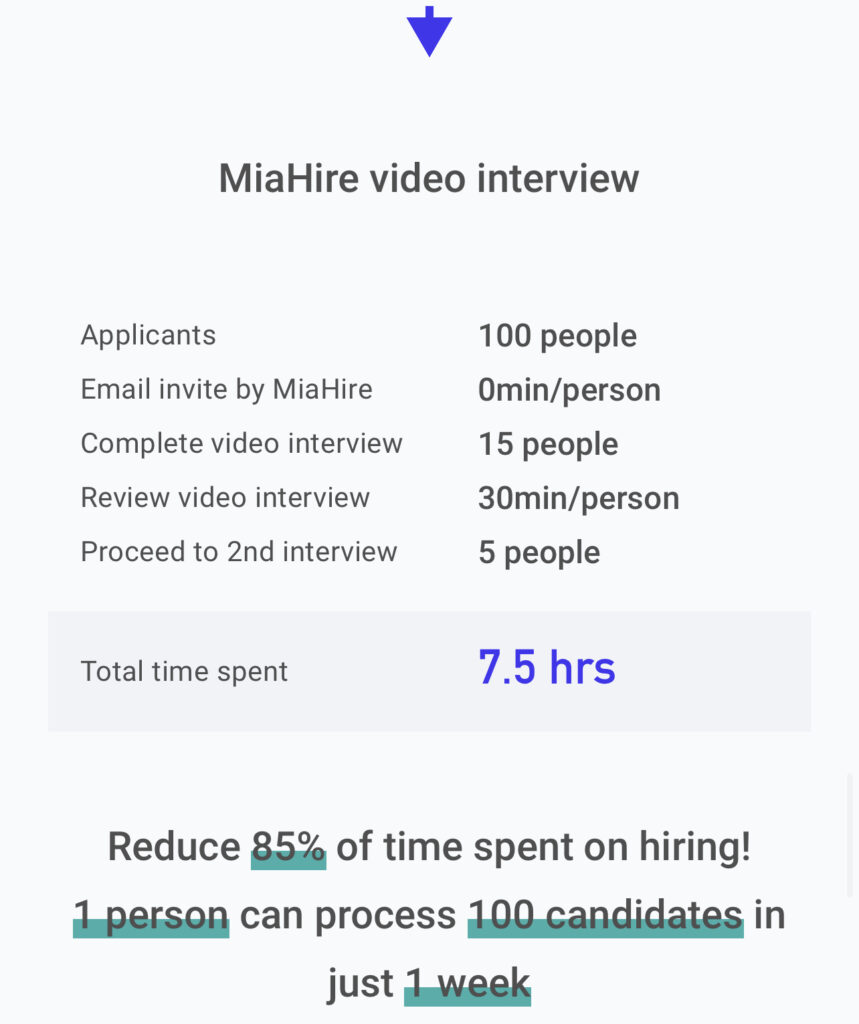Fraudulent activities can have severe consequences, as demonstrated by the recent conviction of Carla Smith, a 38-year-old woman from Henderson, Kentucky. The investigation and prosecution of her case by the Kentucky Attorney General’s Medicaid Fraud Unit led to her conviction for defrauding the Kentucky Medical Assistance Program, commonly known as Medicaid.
Smith pleaded guilty to one count of Devising or Engaging in a Scheme to Defraud the Kentucky Medical Assistance Program over $300 or more, and one count of Theft by Deception over $500 but less than $10,000. As a result of her actions, Smith was sentenced by Union County Circuit Court Judge Daniel M. Heady to three years on each count, running consecutively for six years and probated for five years. She was also ordered to pay restitution of $6,016.60.
The indictment revealed that Smith provided false information to fraudulently obtain payment from the Kentucky Medical Assistance Program between March and May 2019. Her fraudulent activities led to her conviction and sentencing, demonstrating the severe consequences of engaging in such activities.
The investigation and prosecution of this case were led by Detective Greg Dukes of the Attorney General’s Medicaid Fraud Unit, and Deputy Director of the Medicaid Fraud Unit David R. Startsman prosecuted the case on behalf of the Commonwealth.
The Kentucky Attorney General’s Office of Medicaid Fraud and Abuse Control, which receives funding from the U.S. Department of Health and Human Services and the Commonwealth of Kentucky, played a crucial role in identifying and prosecuting the fraudulent activities of Carla Smith.
This case serves as a reminder of the severe consequences that fraudulent activities can have. Engaging in fraudulent activities can result in significant financial and legal consequences, including imprisonment and hefty fines. It is essential to remember that honesty and integrity are crucial in all aspects of life, especially when it comes to financial matters.
Furthermore, cases like these highlight the importance of government programs like Medicaid Fraud and Abuse Control, which help to ensure that public funds are being used appropriately and that those who engage in fraudulent activities are held accountable. The work of these programs is crucial in protecting the public from fraud and abuse and ensuring that resources are used effectively and efficiently.
The conviction of Carla Smith for Medicaid fraud serves as a warning that fraudulent activities have severe consequences. It is crucial to act with honesty and integrity in all financial matters, and the work of programs like Medicaid Fraud and Abuse Control is essential in identifying and prosecuting those who engage in fraudulent activities.
References
https://content.govdelivery.com/accounts/KYAG/bulletins/3501f5d

